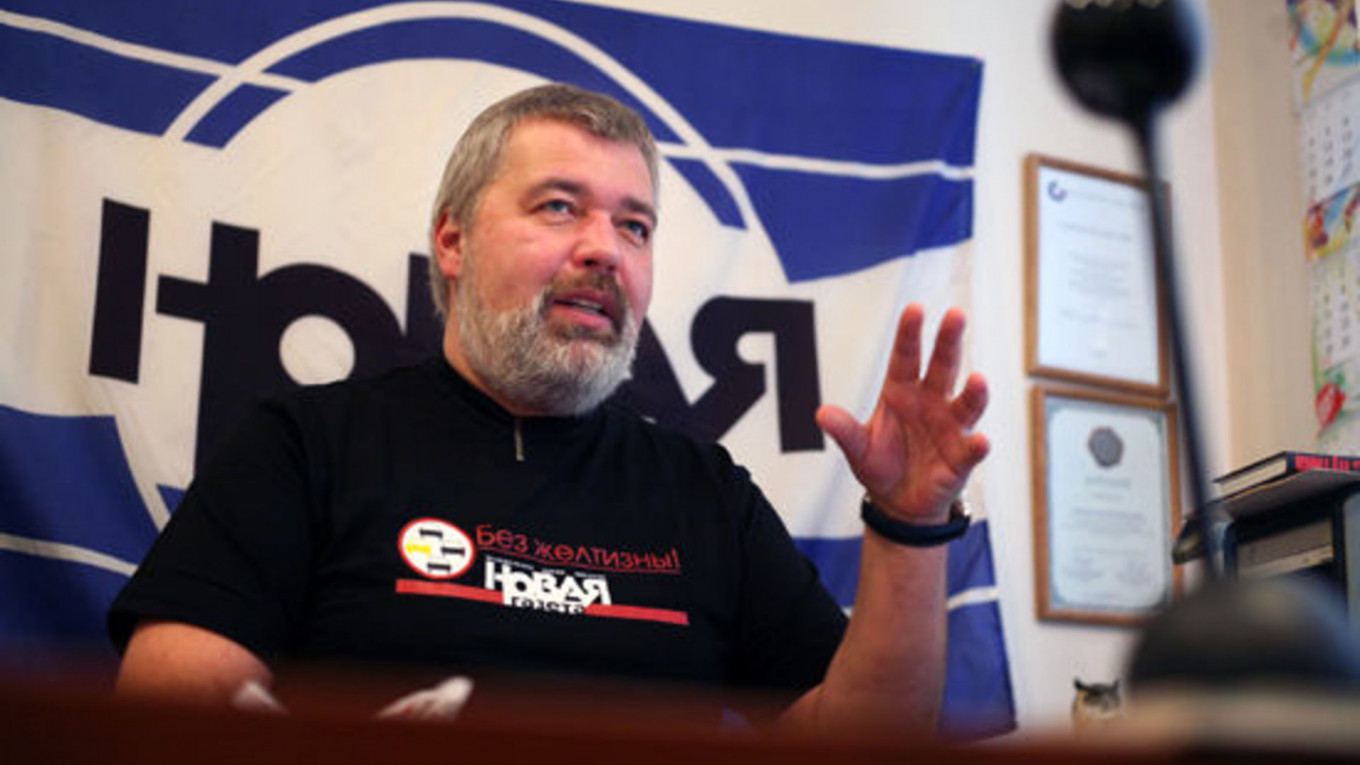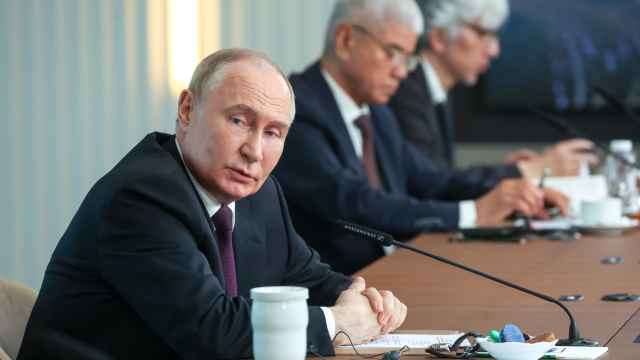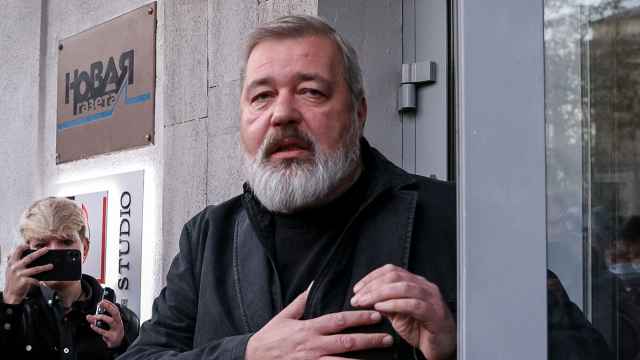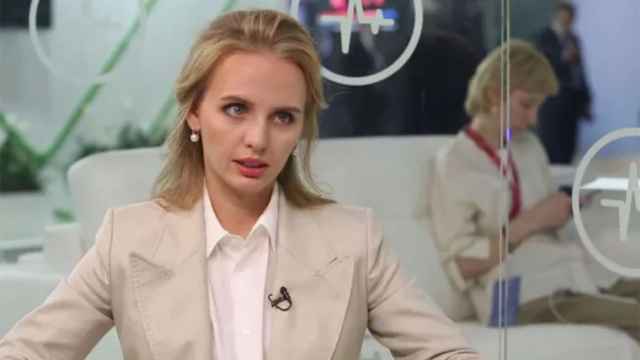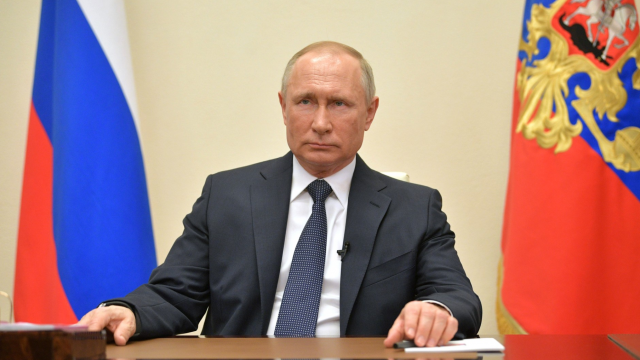Russian President Vladimir Putin was personally involved in the decision to free investigative journalist Ivan Golunov, one of the men who reportedly negotiated Golunov’s release told the Bell business outlet on Tuesday.
Late last week, Golunov was detained and charged with drug trafficking in what critics said was a set-up punishing him for his anti-corruption investigations. Days later and after a public outcry, the charges against him were dropped and he was released from detention after DNA tests showed he had not handled the drugs that police had said were discovered in his apartment.
Dmitry Muratov, the former editor of the independent Novaya Gazeta newspaper, told the Bell that he had met with two deputies from Moscow City Hall last Saturday together with Ekho Moskvy editor-in-chief Alexey Venediktov to discuss Golunov's case.
“We asked questions for a long time and after it became clear to the parties that the prosecution’s arguments were terribly fragile… the idea was born that we should let Vanya go at least under house arrest,” Muratov was cited as saying.
Later that day, the Moscow city court ruled to place Golunov under house arrest.
According to Muratov, Putin was then personally involved in the next step of Golunov’s release after meeting with Human Rights Ombudswoman Tatiana Moskalkova, who told him about the details of the case on Monday.
"The political leadership of the country made the right decision [after that meeting],” Muratov said, adding that the announcement to officially drop the charges was scheduled until after the results of the DNA investigation were published on Tuesday, proving that Golunov had not handled the drugs.
Muratov further said that public pressure on the government, including a scheduled march in his support on Wednesday, had played a decisive influence in securing Golunov’s release.
Some of the officers in the case against Golunov have been suspended and Russia’s Interior Minister Vladimir Kolokoltsev has announced that he would ask Putin to dismiss senior police officials involved in the investigation.
A Message from The Moscow Times:
Dear readers,
We are facing unprecedented challenges. Russia's Prosecutor General's Office has designated The Moscow Times as an "undesirable" organization, criminalizing our work and putting our staff at risk of prosecution. This follows our earlier unjust labeling as a "foreign agent."
These actions are direct attempts to silence independent journalism in Russia. The authorities claim our work "discredits the decisions of the Russian leadership." We see things differently: we strive to provide accurate, unbiased reporting on Russia.
We, the journalists of The Moscow Times, refuse to be silenced. But to continue our work, we need your help.
Your support, no matter how small, makes a world of difference. If you can, please support us monthly starting from just $2. It's quick to set up, and every contribution makes a significant impact.
By supporting The Moscow Times, you're defending open, independent journalism in the face of repression. Thank you for standing with us.
Remind me later.


